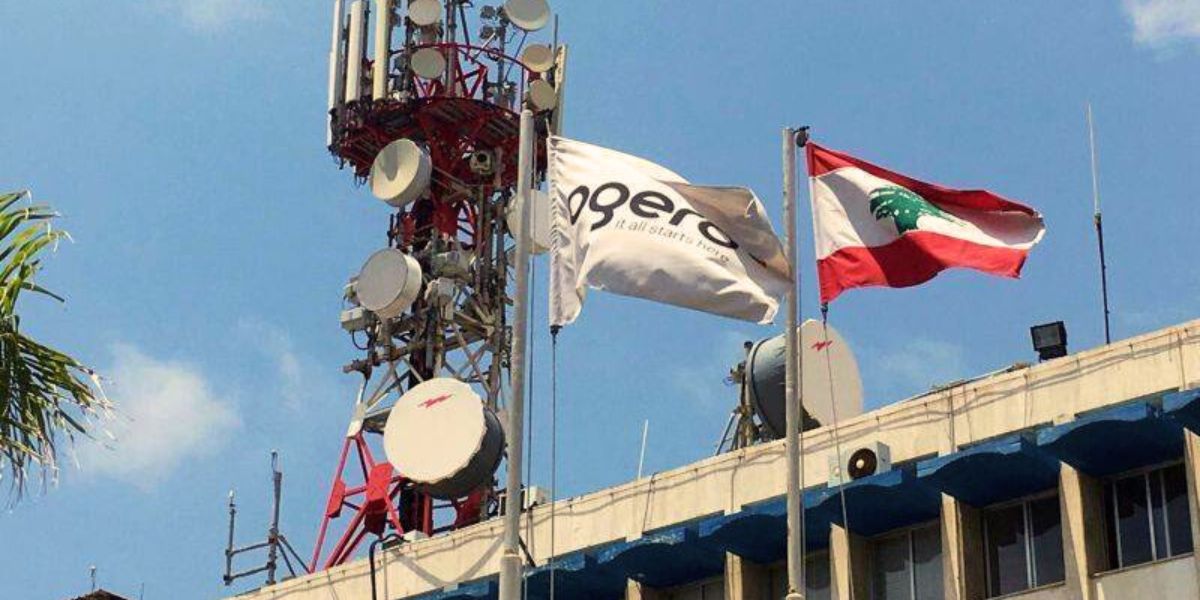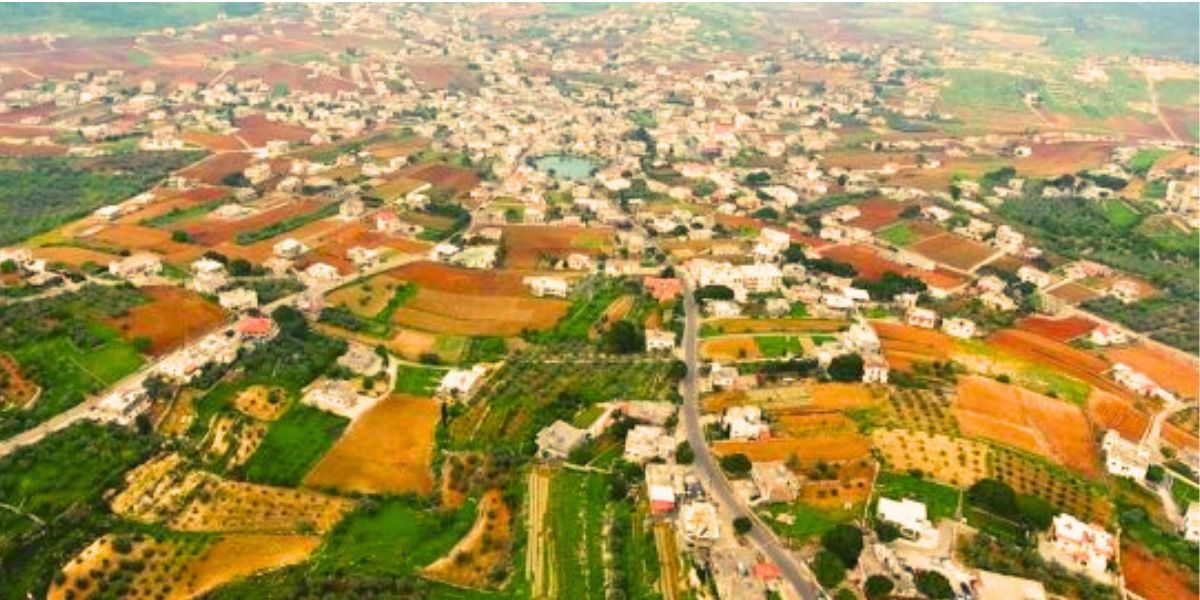Lebanon is the base to a wide range of fascinating and impressive ruins in the Middle East and the world and many of these ancient structures have been uncovered in different areas in Lebanon throughout the past decades. These newly discovered ones come now to tell us a new narrative about the northern region of Akkar.
The newly discovered remains were unearthed in the Valley of Aoudine in Aandqet – Akkar by a group of professors and students from the Department of Arts and Archeology of the Lebanese University.
These remains dating back to the Roman and Byzantine era can re-establish a specific historical period in Akkar, which is the strategic area linking the Lebanese coast with Syria’s inland.
The students of the Lebanese University started their work in Akkar in April 2018 under the supervision of the Head of the Department of Arts and Archeology at the Faculty (Branch 4), Dr. Joanna Shahoud, and under the signed agreement between the Lebanese University and the Directorate General of Antiquities (DGA) at the Ministry of Culture.
In this regard, the team was able to record in August these new discoveries in Wadi Aoudine. The ruins represent archaeological houses consisting of two layers: the ground, said for storage and olive presses, and the second for housing.
In addition to these ancient houses, ruins of three churches and ancient tombs carved in the rock were also discovered along with some artifacts of pottery, some coins, and three olive presses dating back to the Byzantine period between the 5th and 6th centuries AD.
The project, which is committed to the Lebanese University, is planned to last three years, with the final phase of the project including the restoration and rehabilitation of the archaeological sites.
According to Dr. Joanna Shahoud, the municipality is funding the project, however, several requests will be submitted to the UNESCO and foreign embassies to double this funding and operate one of the discovered ancient olive presses, thus placing Akkar on the tourist map of Lebanon.
For those interested in knowing more about and in details, all information will be published by the Ministry of Culture within two months in the scientific bulletin BAAL.
Earlier this month, an open day was held at the Mar Saba archaeological site in the town of Ankadet Akkar, organized by the Directorate of Antiquities of the Ministry of Culture, in cooperation with the Faculty of Archeology of the Lebanese University and the Municipality of Ankadet.
This activity came a month after the start of excavation on the site, and after two years of cleaning and studies that were carried out by Dr. Joanna Shahoud and her team of archeology students, and funded by the municipality of Anadqat.




















